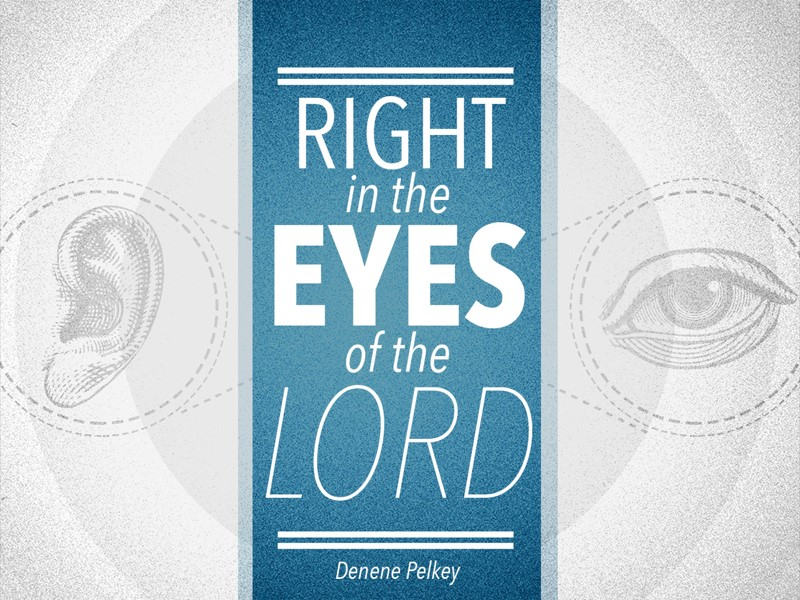“All scripture is given by inspiration of God, and is profitable for doctrine, for reproof, for correction, for instruction in righteousness: that the man of God may be perfect, throughly furnished unto all good works” (II Timothy 3:16-17).

By Denene Pelkey
To View the Entire Article, Click Here
To Download the Entire Article, Outline, or PowerPoint, Click Here
“Hezekiah began to reign when he was five and twenty years old, and he reigned nine and twenty years in Jerusalem. … And he did that which was right in the sight of the LORD, according to all that David his father had done” (II Chronicles 29:1-2).
Hezekiah acceded to the throne when his father, Ahaz, died. Ahaz had not walked in the way of the Lord. (See II Kings 16:1-18; II Chronicles 28:1-5.) He offered incense in high places and burnt his children in the fire. God sent the Syrians to besiege Jerusalem. Instead of repenting and appealing to God for help, Ahaz appealed to the king of Assyria. He even took treasures out of the Lord’s house and his own house and sent them to King Tiglath-pileser. When he visited Assyria, he saw a pagan altar, and it inspired him to order Urijah the priest to have an identical altar constructed in the Temple at Jerusalem before he got back home.
Ahaz ordered that the brazen altar be moved and the new altar set in its place. The laver of water was taken apart and removed. They now offered sacrifices to the God of Israel on the altar of the god of Assyria. Their worship was meaningless, so they closed the doors of the house of the Lord.
King Hezekiah did not follow in his father’s footsteps; he did right in the sight of the Lord. As his first kingly act, he opened the doors of the house of the Lord and repaired them. But before they could do much else, Hezekiah knew that the people had to cleanse themselves both inwardly and outwardly. It would do no good to purify the Temple without purifying themselves.
Before they could offer sin offerings for the people, the priests and Levites obediently sanctified themselves. (See II Chronicles 29.)
Before they could carry out trash and scrub floors and walls, furniture, and vessels of the Temple, they had to scour their hearts, minds, and bodies of all impurities. Their ritual outward cleansing symbolized their inward cleansing.
The Levites could have balked at these commands, but instead they submitted to the king’s authority. Ahaz had displaced the sacrificial altar, dismembered the cleansing laver of water, and closed the doors of the Temple to express his disdain and hostility to the Lord’s authority and covenant. Hezekiah’s heart was set on repairing all of that damage by commanding the people to sanctify themselves and obey the covenant. Only then would the Lord consent to dwell in their Holy Place—their hearts!
God’s patience with Judah had finally worn to a frazzle, so He had vented His wrath on them with enemy swords. Hezekiah reminded the people that their own eyes had witnessed their desolation, captivity, and wounds and they had seen the jeering of their enemies.
To View the Entire Article, Click Here
To Download the Entire Article, Outline, or PowerPoint, Click Here



